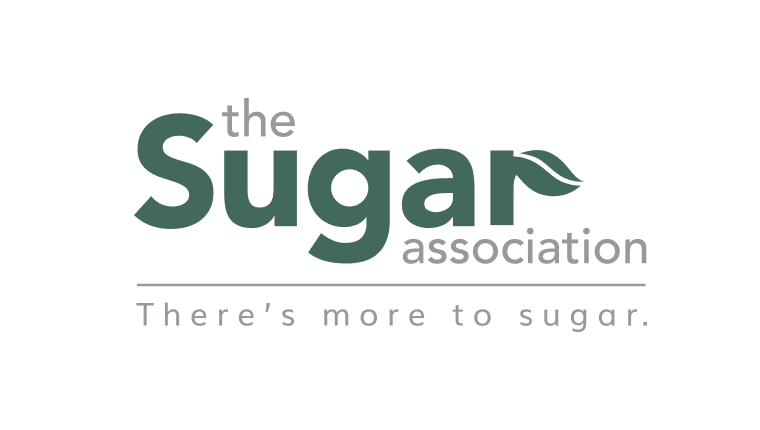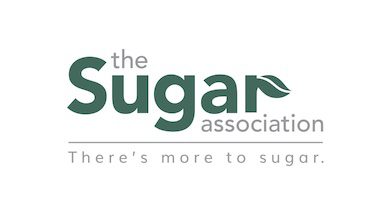

March 8, 2022
Washington, DC – The Sugar Association today submitted a supplemental petition to the U.S. Food & Drug Administration (FDA) to further support its call for sweeping reform of federal regulations governing the labeling of artificial sweeteners used in packaged foods.
“FDA action on alternative sweetener labeling reform is long overdue, and we urge the agency’s new head, Commissioner Robert Califf, to take action before the situation gets worse,” said P. Courtney Gaine, PhD, RD, President and CEO of the Sugar Association. “It is the wild west in the grocery aisle when it comes to sugar substitutes labeling, with confused consumers kept in the dark or left guessing about what artificial sweeteners are in the foods they buy and eat.”
The Sugar Association’s filing, Supplement to Petition for Prohibition of Misleading Labeling of Sweeteners; and Supplemental Request for Promulgation of Regulations, provides new data in support of the Association’s original Citizen Petition in June 2020, and demonstrates the problems with artificial sweetener labeling are getting more prolific in the absence of FDA action.
The Sugar Association petitioned FDA in June 2020 to increase transparency on food labels about the use of alternative sweeteners and to stop misleading labeling claims about added sugars content. The petition demonstrates that the failure to provide transparency through clear ingredient labeling renders many food product labels misleading, and new and reformulated products that fail to provide clear ingredient labels continue to enter the marketplace as manufacturers increasingly look for alternatives to real sugar.
The number of new food product launches each year containing alternative sweeteners has increased by 832% since 2000, with 300% growth in the prevalence of products with alternative sweeteners in just the last five years. FDA must act now to reform labeling and give consumers a clear indication of what ingredients are in their food.
“As a registered dietitian and a parent to a six-year-old daughter, I believe it is incredibly important to know what food ingredients are in my food choices easily,” said Lauren Manaker, a registered dietitian from Charleston, South Carolina. “Unfortunately, under the current outdated labeling requirements, many families are unaware of what is in their food and continue to lean on choices that contain artificial sweeteners without realizing it. Proper labeling of these ingredients will help parents make choices that are aligned with their nutrition goals.”
Consumer opinion research, shows:
Most of the problematic food products identified in the original Association petition to FDA are still on the market, and have been joined by a host of others, including popular items like yogurt, oatmeal, protein shakes, candy and sports drinks.
“This problem will only continue to get worse while FDA fails to act. Food companies have been incentivized to use more artificial sweeteners in their products at the expense of consumer understanding, and only FDA has the power to stand with consumers and fix this problem now,” concluded Dr. Gaine.
The Association’s 2020 petition asks the FDA to require the following changes to food labeling by issuing official industry guidance supported by the Agency’s enforcement discretion:
Once used primarily as a tabletop sweetener and in diet soda, alternative sweeteners are now everywhere in the food supply – found in products like bread, cereal, granola bars, yogurt, ice cream, milk and children’s beverages.
But it’s virtually impossible for shoppers to know what alternative sweeteners are in which packaged foods because the FDA only requires food companies to list the chemical names of sugar substitutes on food ingredient labels. So, consumers only see names like Xylitol, Hydrogenated Starch Hydrolysates, Saccharin, Acesulfame Potassium, Neotame, Isomalt and Lactitol on ingredients lists without even knowing what they are and why they are used.
To date, the FDA public comment docket for the petition has received over 200 comments in support of labeling reform and more than 15,000 consumers are demanding the FDA act through their support of an online petition.
###
Founded in 1943, the Sugar Association represents sugar beet and cane farmers, processors and refiners in the United States. As the scientific voice of the U.S. sugar industry, the Association aims to increase understanding of what real sugar is and instill confidence in consumers around the important supporting role sugar plays in a nutritious and balanced diet. Our efforts include supporting scientific research, consumer education and providing comments on nutrition policies involving sugar. The Sugar Association supports federal nutrition and food policies that are based on strong scientific evidence and recognize the multifaceted purposes of sugar in the food supply. The Association firmly believes that real sugar is best enjoyed in moderation. For more information, visit www.sugar.org, follow us on Twitter and Instagram, and connect with us on Facebook.

January 14, 2025
January 14, 2025 (Washington, D.C.) – The following reaction statement is attributable to Sugar Association President and CEO Courtney Gaine, PhD, RD: “The Sugar Association supports transparency, but this draft label offers only the illusion of transparency – it entirely leaves out total calories and the use of industrial additives like artificial sweeteners. In fact, […]

December 19, 2024
December 19, 2024 (Washington, D.C.) – The following reaction statement is attributable to Sugar Association President and CEO Courtney Gaine, PhD, RD: “The Sugar Association supports the Dietary Guidelines recommendation to limit added sugars to 10% of total calories, but the new “healthy” definition goes well beyond that recommendation and arbitrarily excludes many foods containing […]

December 10, 2024
December 10, 2024 (Washington, D.C.) – Americans feel more confident about managing their sugar intake when they know the Dietary Guidelines recommendation to limit added sugars to less than 10% of their total calories, and the Sugar Association welcomes the Dietary Guidelines Advisory Committee (DGAC) reaffirmation of that guideline. The added sugars guideline is a […]
© 2025 The Sugar Association, Inc. All rights reserved.
Get Social with #MoreToSugar